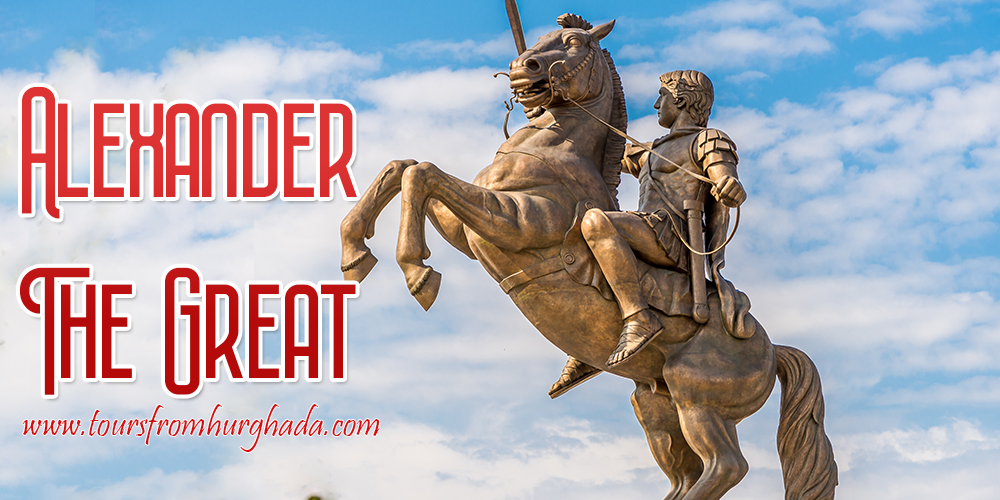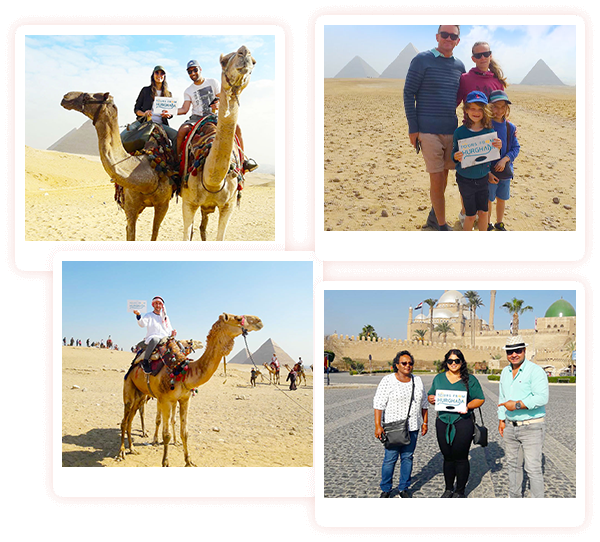Throughout history, there have been many great conquerors who wished to forge their own destiny and create a legacy that would immortalize their name in the history books.
Alexander the Great was one of them as he had the ability to build the largest empire in the ancient world with his brilliance, ruthlessness, never-ending ambition, and charisma and inspired a new historical epoch known as the Hellenistic period.
The history will forever remember Alexander III of Macedon (356 B.C -323 B.C) who became Better known as “Alexander the Great” as undefeated in battle and one of history’s most successful military commanders and for his incredible vision to reach the edge of the world and create an empire that can stand the test of time.
Birth Family and Religion of Alexander the Great
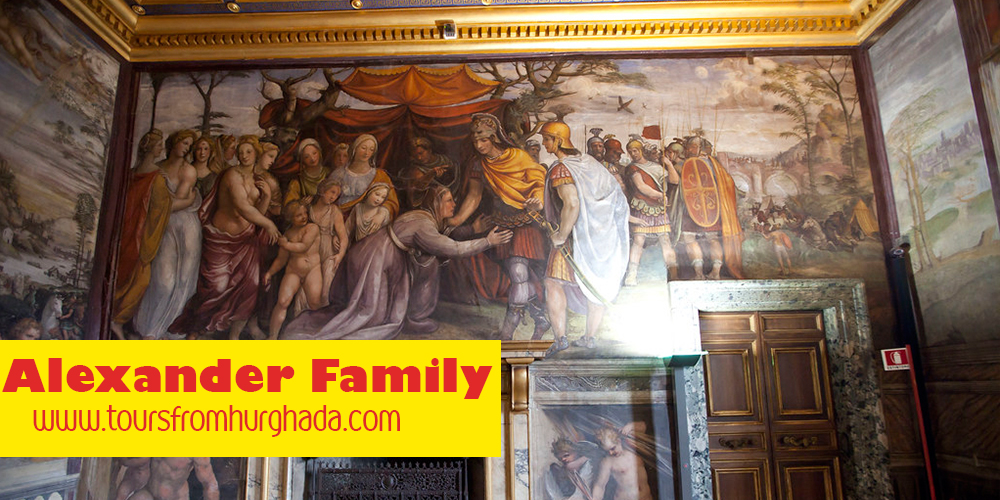
In 356 B.C Alexander the Great was born in Pella, the ancient capital of ancient Greek in Macedon to king Philip II of Macedon and his beautiful wife Olympia.
He was schooled by Aristotle himself until the age of 16 who sparked is a mind with interest in literature, medicine, philosophy, and science. He was a follower of the Greek polytheistic religion called Hellenism which they worshiped gods like Zeus, Apollo, and others. Alexander was in charge of Macedonia when his father left for battle and he succeeded his father after his assassination in 336 B.C.
The History of Alexander the Great

Alexander the Great claimed the throne and killed his rivals so he can be the rightful ruler of the powerful kingdom and the commander of a highly trained army at the age of 20. He was awarded the generalship of all of Greece and used his new given power to make his father’s vision become true of conquering the kingdom of Persia.
In the first years of his reign, he launched unprecedented military campaigns through the northeast of Africa and Asia like the battle of tyre in 332 BC against the Phoenician forces which he came to the conclusion that he needs a strong navy so turned his eyes to Egypt. After Alexander conquered Gaza and defeated the Persian emperor Darius to gain control of Syria and Levant, then he moved to Egypt which was under the rule of the Persian Empire.
Alexander the Great moved his forces towards Pelusium which is the eastern gateway to Egypt and walked in Egypt on 14 November 332 B.C. The Egyptians welcomed him with open warm arms as they viewed him as a liberator from the Persians who had no respect for the Egyptian public nor for the religion or the culture.
Alexander the Great and Egypt
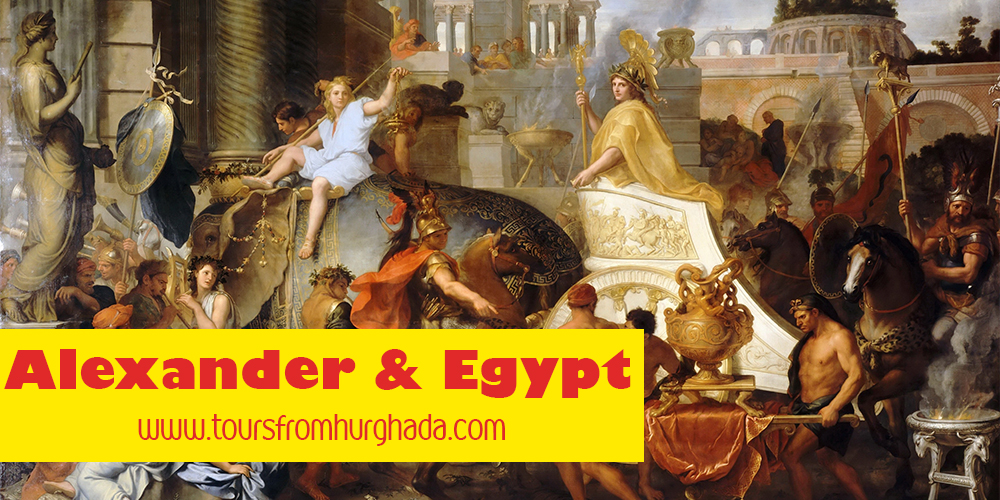
Alexander the Great was able to enter Egypt with great ease, and took his forces to the capital of Memphis to the coast of the Mediterranean coast where he witnessed a piece of land located between the sea and a lake filled with a secure freshwater supply, so he commanded his architect “Deinocrates” to construct a city on that location which was later named “Alexandria” where various incredible wonders where constructed like the glorious lighthouse and the legendary library of Alexandria.. Alexander spent six months in Egypt but was able to make massive reforms and put Egypt within the core of the Greek civilization orbit.
Alexander and the Egyptians

Alexander was a genius diplomat who worked on improving his relationship with the Egyptian public so he was declared as the son of the god Amun–Ra, he also renovated the chapel of Tuthmosis III and Karnak temple as many depictions of himself can be found on the temple of Amun-Ra dressing as a pharaoh and identified with a text “‘King of Upper and Lower Egypt, Lord of the Two Lands, son of Re, possessor of the crowns, Alexander”, he also offered sacrifices to the god of creation Ptah and hosted a Greek-style games which contained many contests from all over the Greek world in a multicultural event.
After conquering Egypt he moved to Persia in October 331 BC where a great battle was fought with fierce fighting and heavy losses on both sides, he was able to reach India in 326 B.C.
Alexander the Great Wives

He had three wives that we know of; they are Roxana of Bactria, Stateira, and Parysatis, daughter of Ochus. He had at least one child called Alexander IV of Macedon, born by Roxana shortly after his death in 323 BC who had to claim for the throne after the empire was divided.
Death and legacy of Alexander the Great
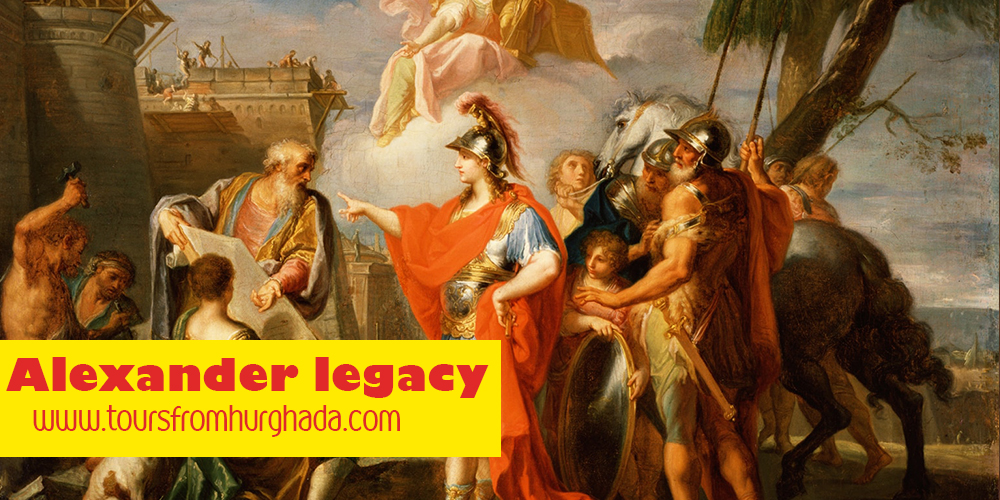
He died of Malaria in the city of Babylon in 323 B.C at the age of 32, leaving a great unforgettable legacy of syncretism, cultural diffusion and construction of various megacities that survived till today like Alexandria in Egypt.
He opened the gates of Egypt to all the Greek and Macedonian immigrants as he desired to construct a multi-cultural province that holds various languages, cultures and to raise a true symbol for cooperation between ancient civilizations.
After his death, a huge dispute occurred between his generals over controlling his vast empire so the kingdom was divided between them and one of his generals called Ptolemy took control of Egypt and established the Ptolemaic Dynasty until the Roman Empire conquered Egypt in 32 B.C.
Alexander the Great Tomb

The location of his tomb is still an enduring enigma as his body was hijacked by Ptolemy who buried him in Memphis and later on in the city of Alexandria and the search still continues.

